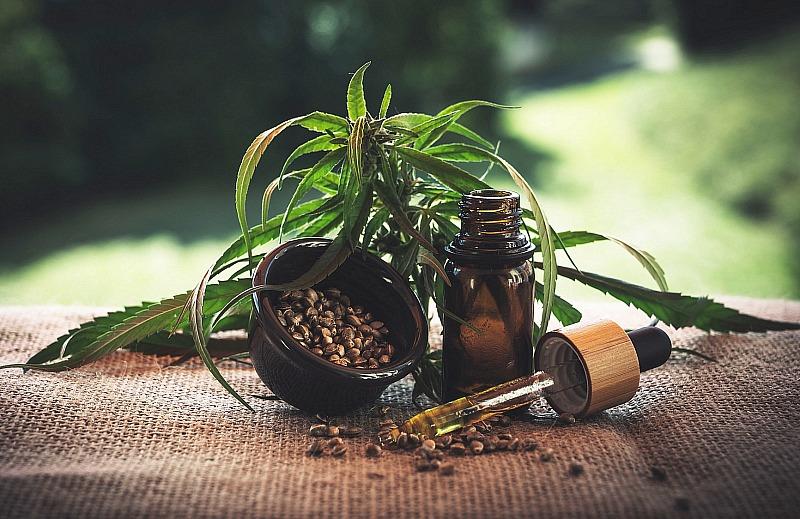
As the legalization of hemp continues to spread across various states in the United States, the demand for hemp products, such as edibles, has grown tremendously.
Two of the most prevalent cannabinoids in these products are Delta 8 and Delta 9 THC (tetrahydrocannabinol). Although they share some similarities, their differences can affect your experience. In this listicle, you will learn more about the differentiating factors to consider when choosing between these two edibles.
What are they?
Delta 8 and Delta 9 THC are naturally occurring compounds in the hemp plant. Delta-9-tetrahydrocannabinol is the most well-known and commonly used cannabinoid, while Delta-8 THC is a newer compound that has recently gained popularity. Both cannabinoids have psychoactive effects, meaning they can alter your mood, perception, and behavior.
Differentiating Factors between Them:
Effects and Potency:
One of the most significant differences between Delta 8 and Delta 9 THC is their potency and the type of effects they produce. Delta 9 is very potent, producing strong euphoric effects that can lead to anxiety, paranoia, and other negative experiences in some users, particularly those sensitive to its effects.
On the other hand, Delta 8 is less potent than Delta 9, producing milder psychoactive effects. Delta 8 produces a more relaxed and calming high that is less likely to cause anxiety or paranoia. This makes this drug an excellent option for those looking for THC benefits without the intense high associated with Delta 9.
Legal Status
Another significant difference between them is their legal status. While Delta 9 THC is still considered a Schedule I drug under the Controlled Substances Act, Delta 8 THC is currently legal on a federal level in the USA, thanks to the 2018 Farm Bill. However, it is vital to note that some states have banned Delta 8, so it is essential to check your local laws before purchasing or consuming these edibles.
Flavor and Taste
When it comes to flavor and taste, there is little difference between Delta 8 and Delta 9 edibles. The flavor and taste of the edibles mostly depend on the ingredients and flavors added to the product rather than the type of THC used. However, it’s crucial to note that some D8 edibles may have a slightly different taste or aftertaste than D9 edibles due to the different cannabinoid profiles.
Price
Another factor to consider when choosing between Delta 8 and Delta 9 edibles is the price. Delta-8-tetrahydrocannabinol is relatively new to the market, and as such, it is more expensive than Delta-9 THC. This is because the production of Delta 8 is more challenging and requires more processing than Delta 9. However, the price will likely decrease as more companies produce D8-infused products.
Conclusion:
Delta-8-tetrahydrocannabinol and Delta-9-tetrahydrocannabinol are two popular cannabinoids found in hemp edibles. While they share some similarities, there are distinct differences in their effects, potency, legal status, flavor, price, and dosing. Considering these factors when choosing between the two is essential to ensure a safe and enjoyable experience. As always, starting with a low dose and gradually increasing it until you find the proper dosage for your needs is vital. And it is crucial to adhere to local laws and regulations regarding the use and consumption of hemp products.



















